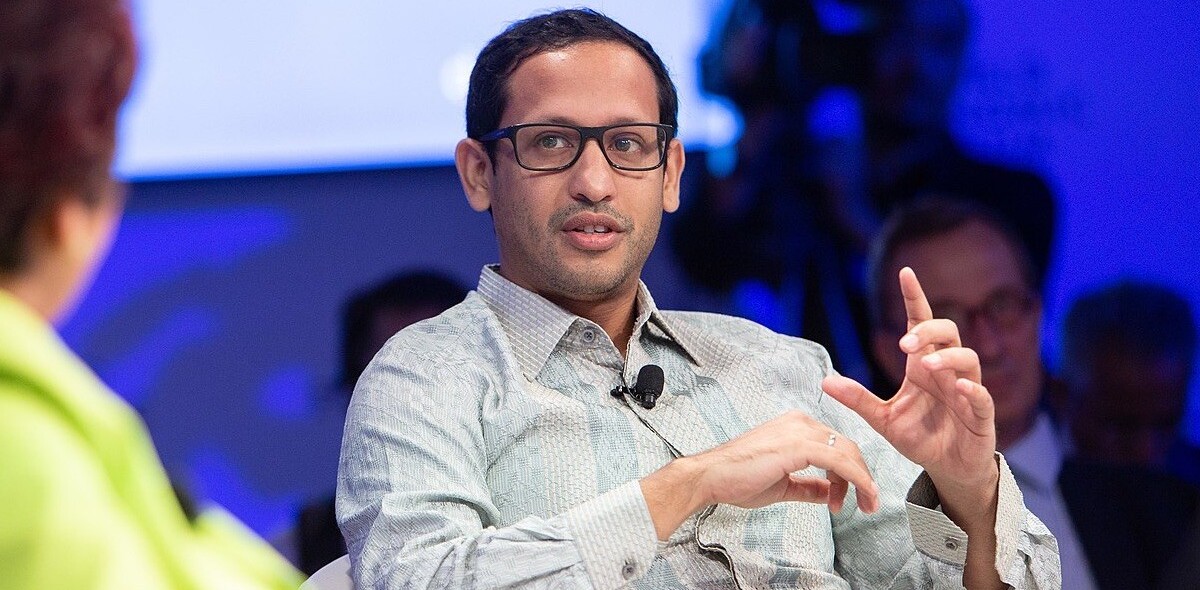
South Korea’s defense ministry has announced it is banning its staff from accessing the Internet and using the camera on their smartphones inside the ministry building, as it seeks to prevent military data leaks.
According to a report from Yonhap News, the new mobile device management plan devised by the defense ministry requires employees to install a smartphone application that, ironically, deactivates all the functions that people typically use a smartphone for – Internet connectivity, computing and the camera – while they are inside the ministry building.
The plan will kick in on July 15. Employees will still be able to answer and make phone calls and use text messaging services, but those using Apple’s iPhone can only receive calls and messages.
Visitors won’t be allowed to carry any mobile phones into the ministry building at all. The defense ministry said this was a test run and it would consider revising the plan if necessary, but noted that many foreign countries are banning the use of smartphones in their major military facilities.
Last year, Singapore mobile operators started offering camera-less iPhone 4 and iPhone 4S models to cater to military and government personnel who are unable to take camera-toting smartphones into their camps.
South Korea’s move comes amid huge controversy over the US government’s PRISM program that has in essence, ended digital privacy and raised fears around the world of foreign-to-foreign communications being intercepted unknowingly. Subsequently it was also reported that the UK Government Communications Headquarters managed to penetrate the security on delegates’ BlackBerry smartphones while hosting foreign politicians and officials during two Group of 20 summit meetings in London in 2009.
Headline image via Thinkstock
Get the TNW newsletter
Get the most important tech news in your inbox each week.




